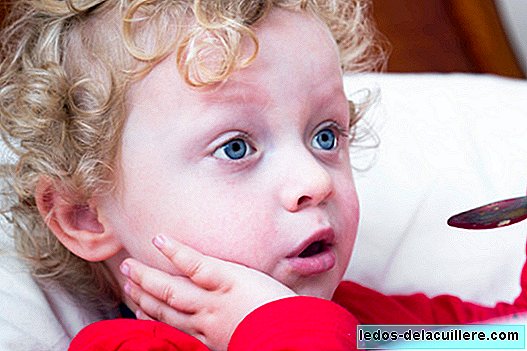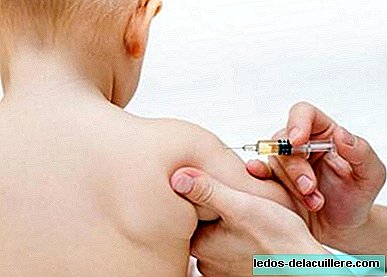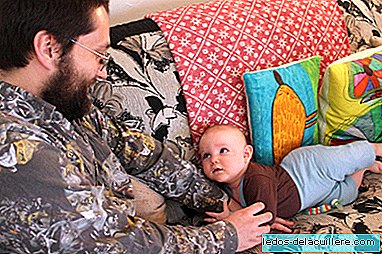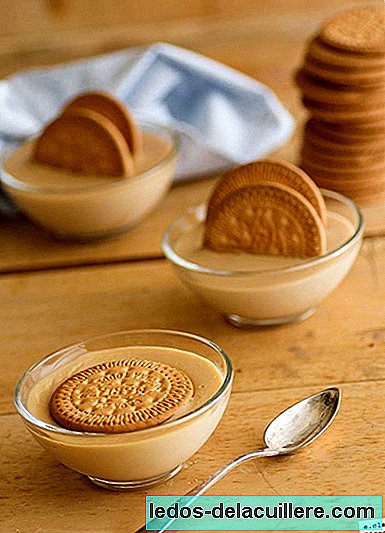It is one of the recommendations that we hear most in summer in beaches and swimming pools, and one of the highest recorded by fire in our childhood, which apparently has no more justification. After eating we had to wait two hours before bathing for fear of suffering the so feared digestion cut.
We looked anxiously at the clock, waiting for the time to come and give us the starting gun to be able to enter the sea or dive into the pool. Is it really dangerous or is it a myth? Should children wait two hours to digestion before bathing? Why two hours?
What is the digestion cut?
Actually, what we know as a digestion cut as such does not exist, because digestion is not interrupted at any time. Actually what happens is a hydrocution syndrome.
It is produced by a extreme immersion reflex, when there is a sudden alteration of the reflexes on contact with water, which can cause a loss of consciousness or a cardiac arrest.
To the get into the water abruptly, the body reacts by decreasing the heart rate and peripheral vasoconstriction to ensure that the brain has a preferential supply of blood and therefore oxygen.
Children, like the elderly, are more prone to these decompensations, since their reflex mechanisms are slower.
Keep in mind that we talk about summer, when the body has a high temperature for having been in the sun or performing a physical activity, compared to the contrast of the cold water of the sea or the pool. The lower the water temperature and the higher the body temperature, the more pronounced this reflex will be.
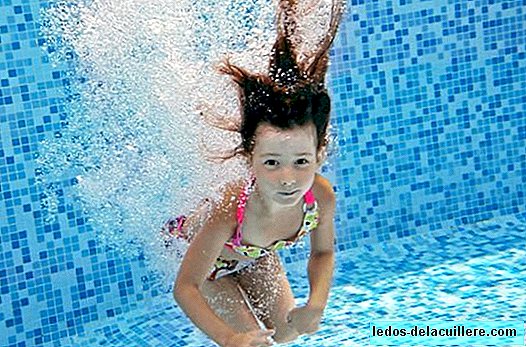
What does digestion have to do with this process?
So, if it's a matter of temperature, what does digestion have to do with it. When we talk about 'digestion' we do not mean the whole process, but the one that occurs in the stomach and can last from minutes to 2-3 or even more hours (it depends on what is ingested).
While the digestion is done, the vessels of the digestive system dilate to favor the process. As a result, other areas of the body, such as the brain, receive a smaller amount of blood.
If at that moment we enter the cold water suddenly, the blood from the digestive tract will move to other organs such as the skin, to counteract the change in temperature. Hydrocution can occur only by an extreme immersion reflex, but digestion can help to trigger since the brain receives less oxygen during this process. The danger of hydrocution increases if the food has been very abundant, if the water is very cold and if the skin is very hot.
It depends on what you have eaten
So, should I make the child wait two hours before bathing or not? Once again, Common sense is the best advisor.
The answer will depend, to a large extent, on what you have eaten. If you have eaten a copious meal, the stomach will need more blood to digest it. If the child has been in the sun (has a hot body) and gets into the water (very cold) abruptly, the risk of suffering from a syndrome of hydrocution is very high.
On the other hand, if the child has eaten a sandwich or a salad, simply check that it enters the water slowly and gradually so that the body becomes accustomed to the change in temperature.
Prudence to avoid a scare
The two hours of waiting are not necessary if risks are minimized. If the food has been light, it has been in the shade and progressively enters the water, cooling arms, head and neck first, or playing on the shore (or at the bottom of the pool) there is virtually no risk.
What should not be done is dive into cold water after being in the sun or exercising, much less after a meal.
At the slightest suspicion that the child is dizzy, with nausea or blurred vision, you should get out of the water as quickly as possible and ask for help.


